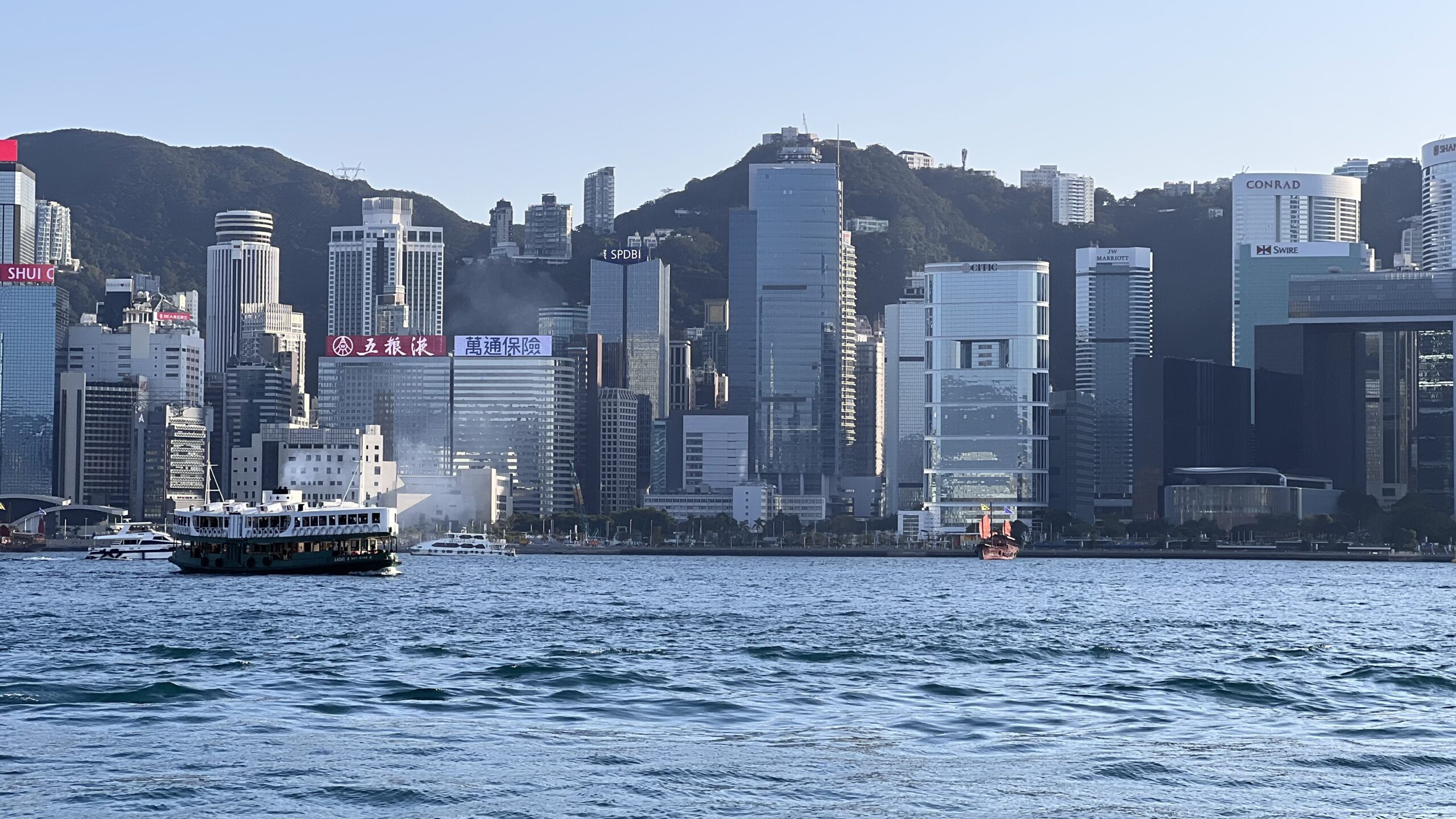Monday, May 12, 2025
Travel to South Asia is under intense international scrutiny as six major countries—United States, United Kingdom, Canada, Australia, Singapore, and China—have issued urgent advisories urging maximum vigilance. These alerts come in response to escalating regional tensions, volatile border conditions, and a wave of flight disruptions triggered by temporary airport closures and restricted airspace. Citing the growing risks of civil unrest, unpredictable security developments, and limited emergency support in conflict-prone areas, officials are urging citizens to avoid non-essential travel and closely monitor developments through official government channels.
The travel warnings emphasize the importance of remaining informed, avoiding public gatherings, and complying with guidance from local authorities. With the regional security landscape becoming increasingly volatile, travelers are being encouraged to plan cautiously and remain prepared for rapid changes in the situation.
United States Alerts Citizens to Avoid Sensitive Areas
The United States has renewed its travel advisory, strongly recommending that its citizens avoid border areas deemed high-risk. The updated guidance highlights concerns over unpredictable security conditions, restricted access to emergency services, and possible disruptions to flights operating near or over conflict-sensitive zones. Travelers are also advised to remain vigilant and maintain contact with official sources of information.
United Kingdom Warns of Airspace Restrictions
In response to the evolving situation, the United Kingdom has amended its guidance, advising against all travel within ten kilometers of designated high-alert areas. British authorities have cited the possibility of flight delays and temporary airspace closures that may affect travelers’ itineraries. The advisory encourages citizens to review their travel plans, remain alert to changing conditions, and follow instructions issued by local authorities.
Canada Stresses Preparedness Amid Rising Tensions
Canada has also updated its travel alert, cautioning citizens about escalating tensions in the region. Travelers are urged to remain informed through both local and international news sources and be ready for sudden disruptions, including the possibility of being required to shelter in place. The Canadian advisory underscores the need for preparedness and strict adherence to security instructions.
Australia Raises Risk Level
Australia has elevated its travel advisory for certain parts of South Asia, urging a high degree of caution. Officials warn of potential airport closures and last-minute flight cancellations as the security situation continues to deteriorate. Travelers are encouraged to maintain flexible schedules and verify travel details with airlines and other service providers before departure.
Singapore Urges Postponement of Non-Essential Travel
Singapore’s Ministry of Foreign Affairs has called for citizens to defer all non-essential travel to conflict-prone regions. The advisory cites an increasingly unpredictable environment and advises travelers to avoid large crowds and closely monitor local developments. Singaporeans abroad are encouraged to register with the country’s foreign ministry and remain in touch with consular services.
China Advises Avoidance of High-Tension Areas
China has also issued a travel notice recommending its citizens steer clear of zones adjacent to areas of conflict. Authorities warn that the current instability presents risks to personal safety and advise against travel to affected regions until conditions improve. Citizens are encouraged to assess risks thoroughly before proceeding with any travel plans in South Asia.
Air Travel Disrupted Across the Region
In response to the elevated security concerns, several international airlines have adjusted or suspended operations involving routes that pass through affected areas. Temporary airport closures, flight cancellations, and rerouted air traffic have contributed to widespread travel disruptions. Passengers flying to or transiting through the region have been advised to check flight statuses regularly and prepare for potential delays or cancellations.
Airspace over certain sensitive regions has been closed intermittently, prompting airlines to reroute flights to ensure passenger safety. These changes have added strain to airline schedules and may affect global travel routes depending on how long the restrictions remain in place.
Travelers Urged to Exercise Extreme Caution
Given the rapidly changing dynamics, governments around the world are urging their citizens to remain vigilant and proactive. Travelers are advised to:
- Continuously monitor official government and embassy websites.
- Register travel details with local consular services.
- Avoid political demonstrations, public gatherings, and conflict zones.
- Maintain flexible travel arrangements.
- Follow local law enforcement and emergency instructions without delay.
Six countries—United States, United Kingdom, Canada, Australia, Singapore, and China—have urged heightened caution for travelers to South Asia due to rising security threats, volatile border tensions, and widespread flight disruptions. Travelers are advised to avoid non-essential visits and stay alert to official updates.
As the situation continues to evolve, international authorities emphasize that safety remains the top priority. Caution, preparedness, and ongoing awareness are essential for anyone currently traveling in or considering visits to affected parts of South Asia.



